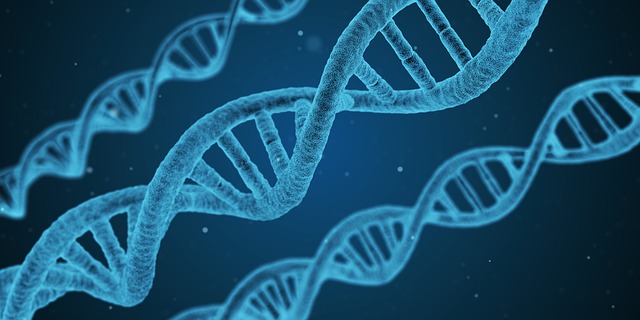Organic Chemistry and Biochemistry are both separate branches of chemistry.
They are so divided because of the basic differences and understanding involved.
Organic chemistry deals with organic compounds, while biochemistry deals with the biochemicals inside living beings.
So, organic chemistry is more or less related to chemistry, while biochemistry is related to biology.
However, when we look at the chemical substances involved in both subjects, they seem similar and not different.
Hence, we will try to understand the similarities and differences between both of these subjects.

Organic Chemistry and Biochemistry similarities
The chemicals in both of these branches appear to have similar elements in their molecular structure.
Also, the molecules show stereochemistry-based effects. See more similarities in the table below.
| Similarities | Organic Chemistry | Biochemistry |
|---|---|---|
| Molecules studied | Carbohydrates, amino-acids, proteins, lipids | Carbohydrates, amino-acids, proteins, lipids |
| Isomers | Knowledge of isomers is studied. | isomer information for biomolecules is studied |
| Most common elements in molecules include | Carbon, hydrogen, oxygen, nitrogen. | Carbon, hydrogen, oxygen, nitrogen, phosphorus, etc. |
| Chemical reactions are dependent on factors like | Heat, pH, humidity, raw materials, solvents. | Temperature, pH, Humidity, enzymes, substrates. |
Organic Chemistry and Biochemistry differences
| Difference | Organic | Biochemical |
|---|---|---|
| Subject covers | Structure, properties of organic compounds, isomerism, their reactions, synthesis, and uses | Covers biomolecules (macro-molecules and micro-molecules) in the body, like enzymes, nucleic acids, proteins, fats and their reactions |
| Compounds involved here are | Alkanes, alkenes, alkynes, ring structures. Examples: Alkyl halides like carbon tetra chloride (CCl4), Aromatics like benzene (C6H6) | Carbohydrates, proteins, lipids, nucleic acids, Cofactors of enzymes, vitamins, enzymes, hormones and more. |
| Applications relate to | Food, daily chemicals, industrial chemicals, medicines, etc. | Living body functions, clinical diagnosis, medicine mechanisms. |
| Examples of chemical reactions | SN1, SN2 reactions, rearrangement reactions, substitution reactions, | Glycolysis, Photosynthesis, TCA cycle, Mevalonic acid pathway, Denova pathway, etc. |
| Laboratory reactions include | Identification, synthesis, extractions | Extractions, identification only. No synthesis is involved |
| Pathways of reactions | Mostly smaller pathways. Ex: Ethanol is produced by heating ethyl bromide with Sodium hydroxide. | Lengthy pathways. Even simple molecules like glucose require multiple steps of synthesis pathways. |

Though the subjects are related to each other, the branch of organic chemistry is studied as part of general science.
While biochemistry is studied in medicine, nursing, botany, zoology, etc.
Thank you! This was very helpful. God bless you.